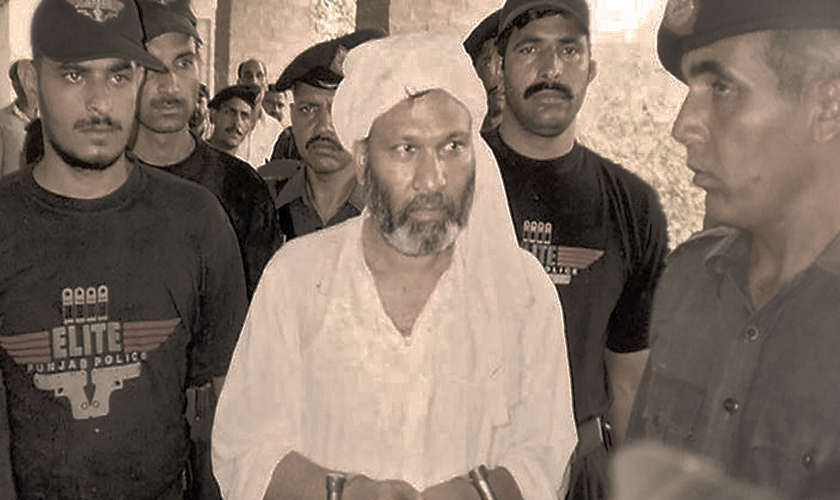News Desk
Lahore, Pakistan — October 9, 2025:
After spending 23 years on death row, 74-year-old Pakistani Christian and former civil servant Anwar Kenneth has been acquitted by the Supreme Court of Pakistan, ending one of the longest cases of wrongful imprisonment under the country’s controversial blasphemy laws.
Kenneth was arrested in September 2001 for allegedly writing a letter expressing his Christian beliefs. He was charged under Section 295-C of the Pakistan Penal Code, which carries a mandatory death sentence for blasphemy charges. Convicted and sentenced to death in 2002, Kenneth spent over two decades in solitary confinement at Kot Lakhpat Jail in Lahore.
On October 8, 2025, a three-member Supreme Court bench comprising Justice Athar Minallah, Justice Irfan Saadat Khan, and Justice Malik Shahzad Ahmad Khan set aside the earlier convictions and ordered Kenneth’s release. The court ruled that the prosecution had failed to prove its case beyond a reasonable doubt and took into account findings from the Punjab Institute of Mental Health (PIMH) indicating that Kenneth suffered from a mental disorder that affected his criminal responsibility.
The judgment emphasized that all citizens have the constitutional right to profess and practice their religion, and that the benefit of the doubt must go to the accused in cases where evidence is uncertain. The court also directed that Kenneth continue to receive medical care at PIMH.
Human rights organizations welcomed the decision but urged the government to ensure Kenneth’s safety and provide rehabilitation support after his long imprisonment.
Joseph Janssen, Advocacy Officer at Jubilee Campaign Netherlands, who led international advocacy for Kenneth’s release, described the acquittal as “long-overdue justice for a man who suffered unimaginable hardship.” Janssen and his organization had been lobbying the United Nations and European Parliament for Kenneth’s release, arguing that his case reflected systemic misuse of Pakistan’s blasphemy laws.
In April 2024, six UN Special Rapporteurs and the Working Group on Arbitrary Detention issued an urgent communication to Pakistan, stating that Kenneth’s death sentence violated international human rights obligations under the International Covenant on Civil and Political Rights (ICCPR).
Charlie Weimers, Member of the European Parliament (ECR Group), had also campaigned for Kenneth’s release. Speaking at a UN Human Rights Council side event in March 2025, Weimers called Pakistan’s blasphemy laws “weapons against religious minorities” and urged the European Union to tie trade benefits to human rights reforms in the country.
Kenneth’s acquittal follows years of domestic and international pressure on Pakistan to address abuses under its blasphemy laws, which human rights groups say are often used to settle personal disputes or target vulnerable communities.


